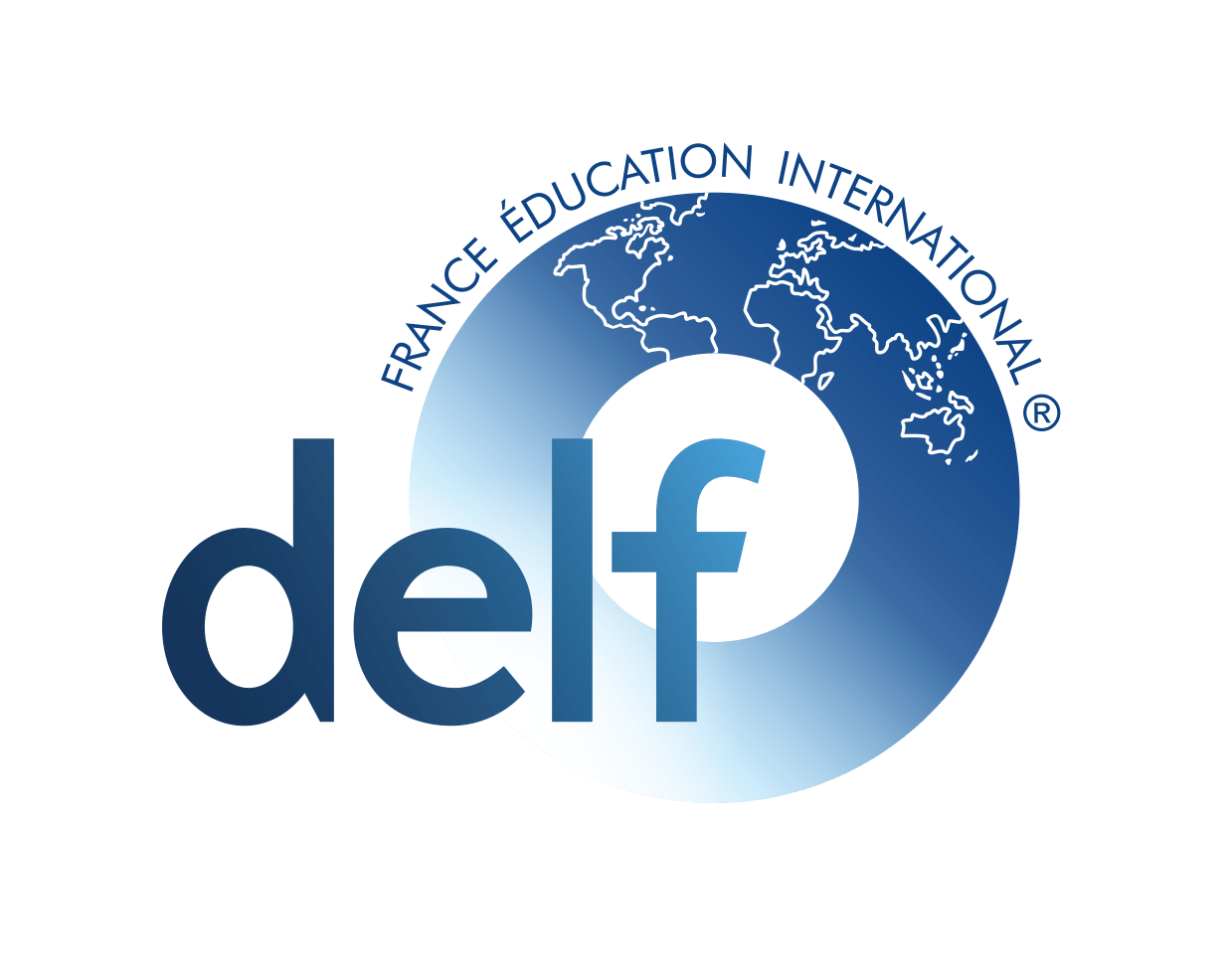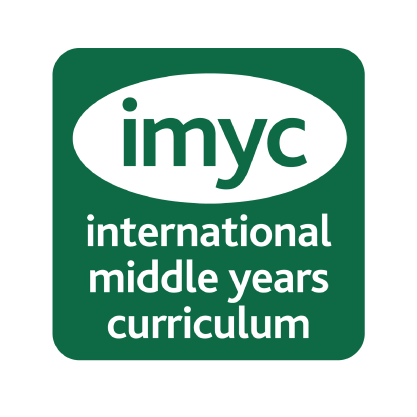SECONDARY SCHOOL
WELCOME FROM THE SECONDARY COORDINATOR
Along the way, we help them to construct their own critical thinking based on actions and not on theories. Your children will learn to accept praise and criticism, success and failure. This will help prepare them for life, develop a resilient character, and failure, despite the pain, will be another reason for them to carry on.
It’s important to remember that we learn to live by living, to see by seeing, and to look forward to the future by believing in it.
Natalia Galvis
n.galvis@fontenebroschool.com
Secondary Education
Year 1 to Year 4 (ages 12 to 16)
English-Spanish Bilingual Educational System following the international and Spanish curriculum:
Secondary Education is compulsory. It consists of four school years, between the ages of 12 and 16, and it provides the education needed for further studying, either the Baccalaureate or vocational training.
All Secondary Education students have a 35-hour programme of subjects at our Moralarzal school. However, our students can choose between French and German as a second language, and between religion and ethical values. In Year 4, our students start to define their academic preferences by choosing between physics and chemistry or economics.
Following on from the bilingual education programme in Early Years and Primary Education, the Secondary level also has two teaching languages. English is used for social sciences, biology and geology, technology, art and, of course, English. Students also have specific lessons for the Cambridge Exams during the school day.
Our goal is learning, in the sense of acquiring knowledge and skills and developing comprehension in social, personal, emotional, academic and international spheres.
Evaluation is tailored to the individual, based on the knowledge of each student and takes account of their specific circumstances. Adapting learning goals to each individual case is one way we approach diversity in the classroom. Having regard to the importance of assessment adapted to each student and with a view to expanding the range of assessment options, our school counts the following among its assessment methods:
STAGE SUBJECTS
ENGLISH SUBJECTS
- Geography & History
- Biology
- Technology
- Public Speaking
- Visual Arts
- STEAM
- Art
- English
SPANISH SUBJECTS
- Lengua y literatura
- Matemáticas
- Física & Química
- Cultura Clásica (3º ESO)
- Cultura Científica
- Atención Educativa (1º y 3º ESO)
- Educación Física
- Música
- Religión/ Valores
OTHER SUBJECTS
- French or German
COMUNICATION SKILLS
Students have to present and explain their work in different subjects. These presentations are given scores that are then used to calculate percentage marks in the different examinations.
INTERDISCIPLINARY PROJECTS
With the implementation of the IPC (International Primary Curriculum) in the primary stage, IMYC (International Middle Years Curriculum) in the Secondary to Baccalaureate stage, students must carry out work in cooperative groups, in which, starting from a common transversal element , different areas of knowledge are involved.
SUMMATIVE OR PERFORMANCE TASKS
The purpose of this type of work is to encourage our students to develop research, problem-solving, reflection and the application of knowledge skills.
THE IMPORTANCE OF PRACTICAL LEARNING
Students in all years of Secondary have one hour per week dedicated to laboratory work.
Every group has a Tutorial Action Plan. The tutors have one hour per week with their students to apply the TAP (Tutorial Action Plan).
This hour-long tutorial is supplemented, every two weeks, by an hour of emotional education. Controlling emotions is a fundamental part of the learning process for our students, and their happiness forms the basis for achieving it.
OTHER CRITERIA
Other criteria to be taken into account when assessing students, regardless of the level of academic knowledge, include group work, willingness, effort, ability to cope, conflict resolution, responsibility and creativity. This is our way of dealing with education in values, a fundamental aspect of our education programme.
Our students include those with the ability to work on additional projects, and others needing help with school work who receive support from second teachers, providing them with one-on-one support in the classroom.
The school follows the criteria set by the Ministry of Education in the timing of assessments, dividing the year into three terms with an extra assessment in September for students in Secondary and Baccalaureate.
“We don’t mind how students come into our school, but we care about how they leave. They are our greatest treasure”
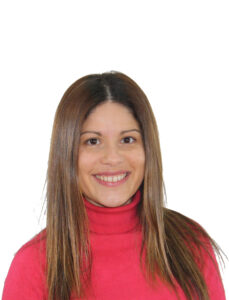
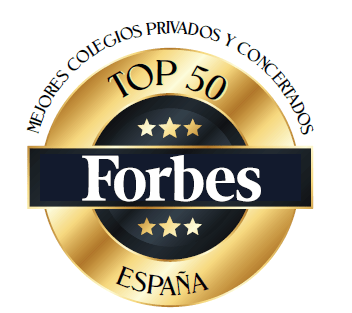
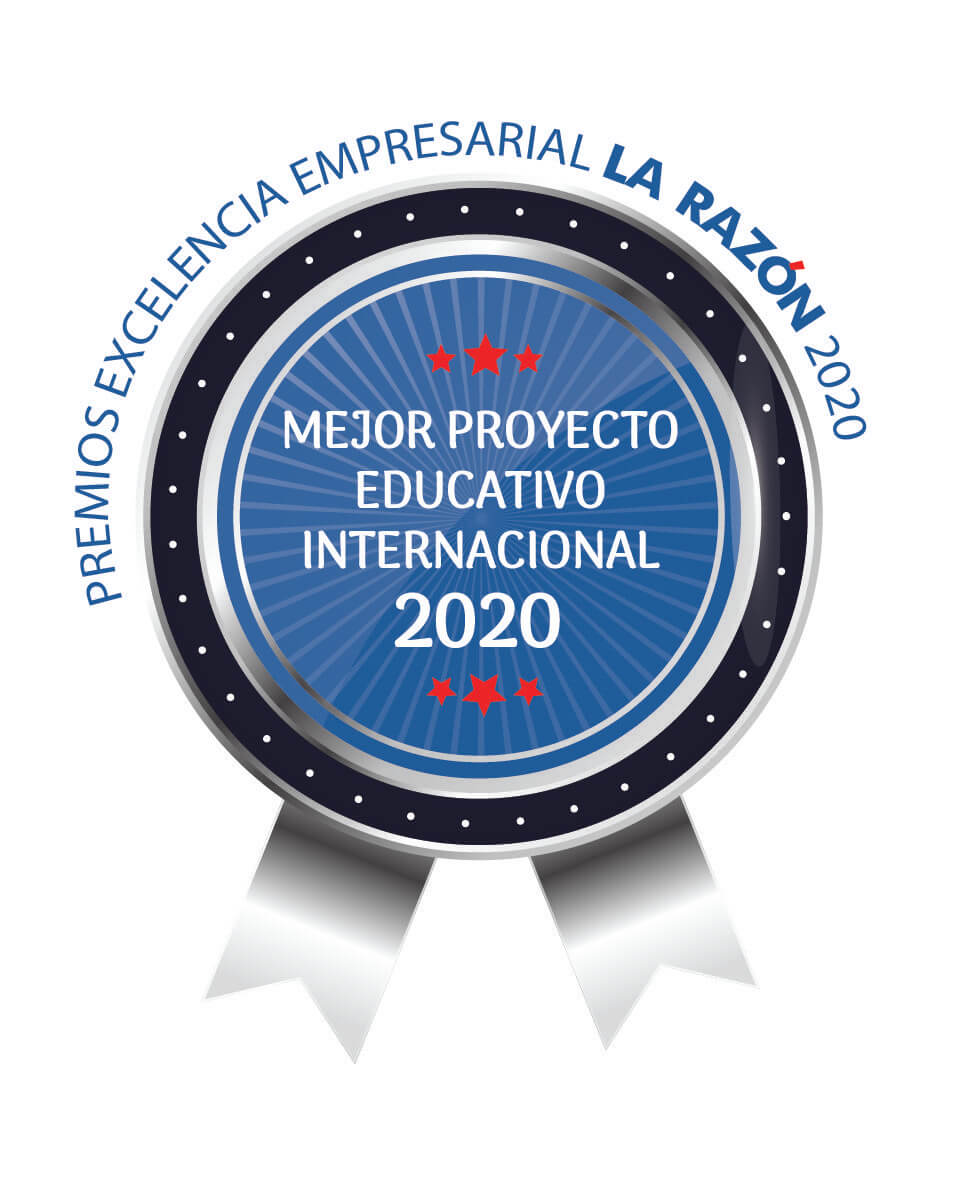
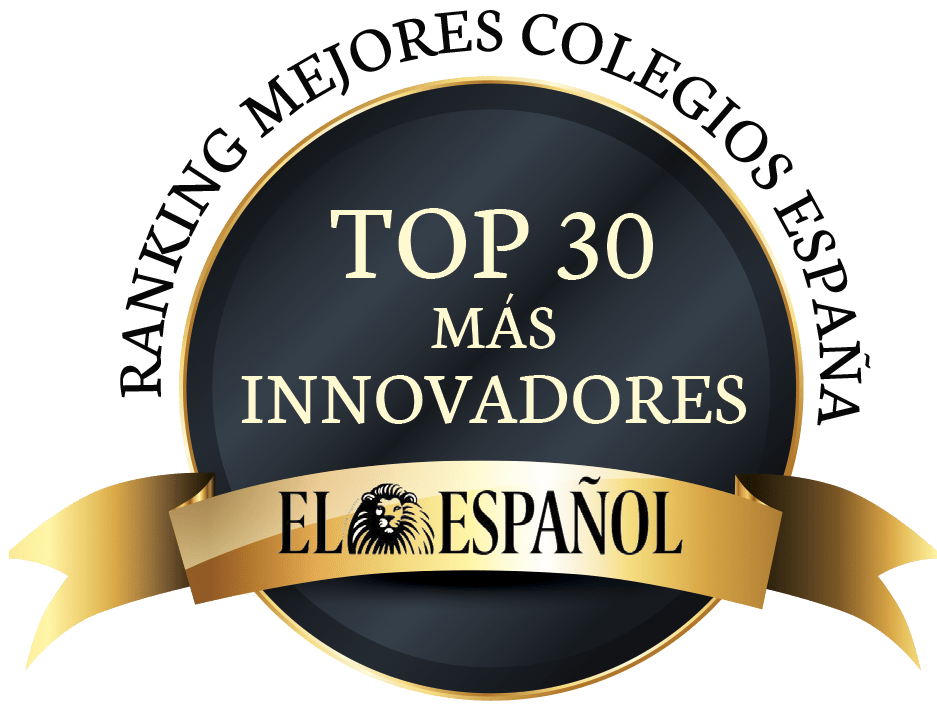
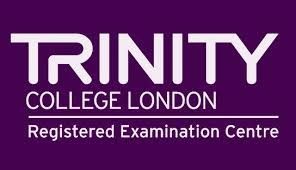

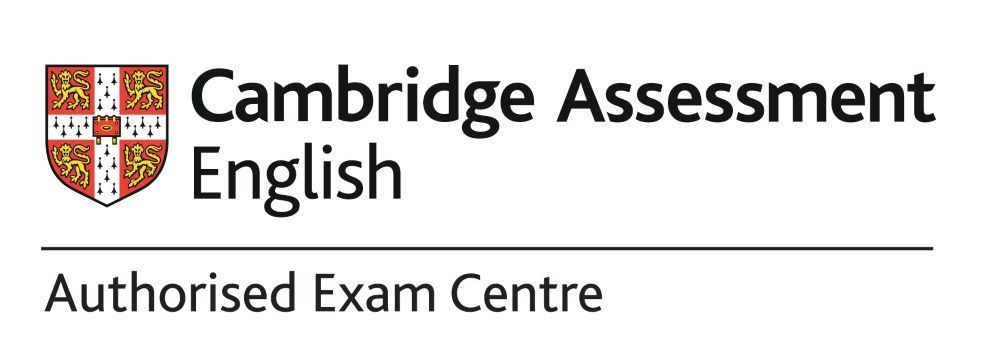
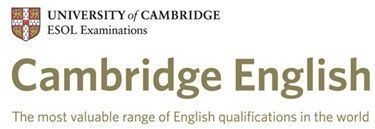


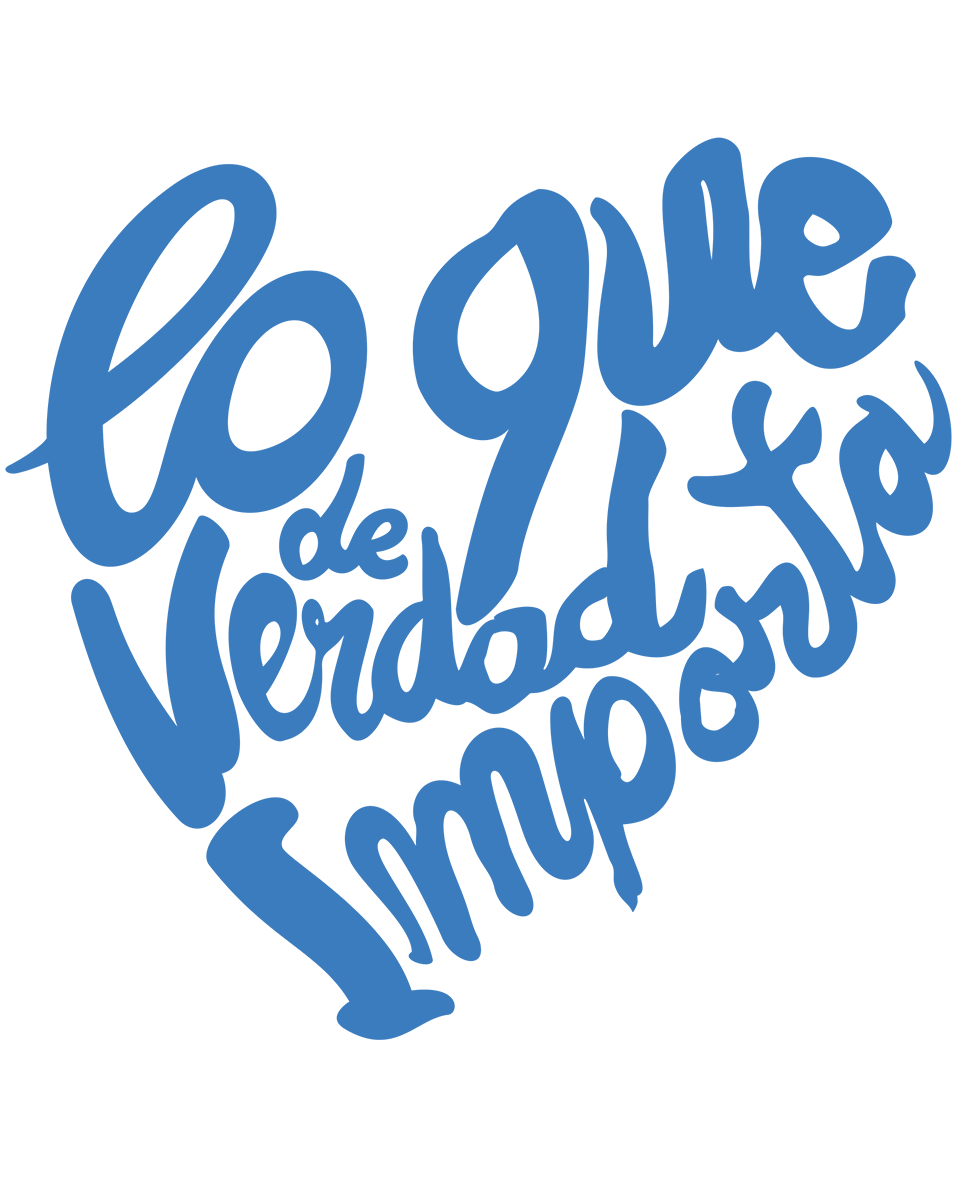
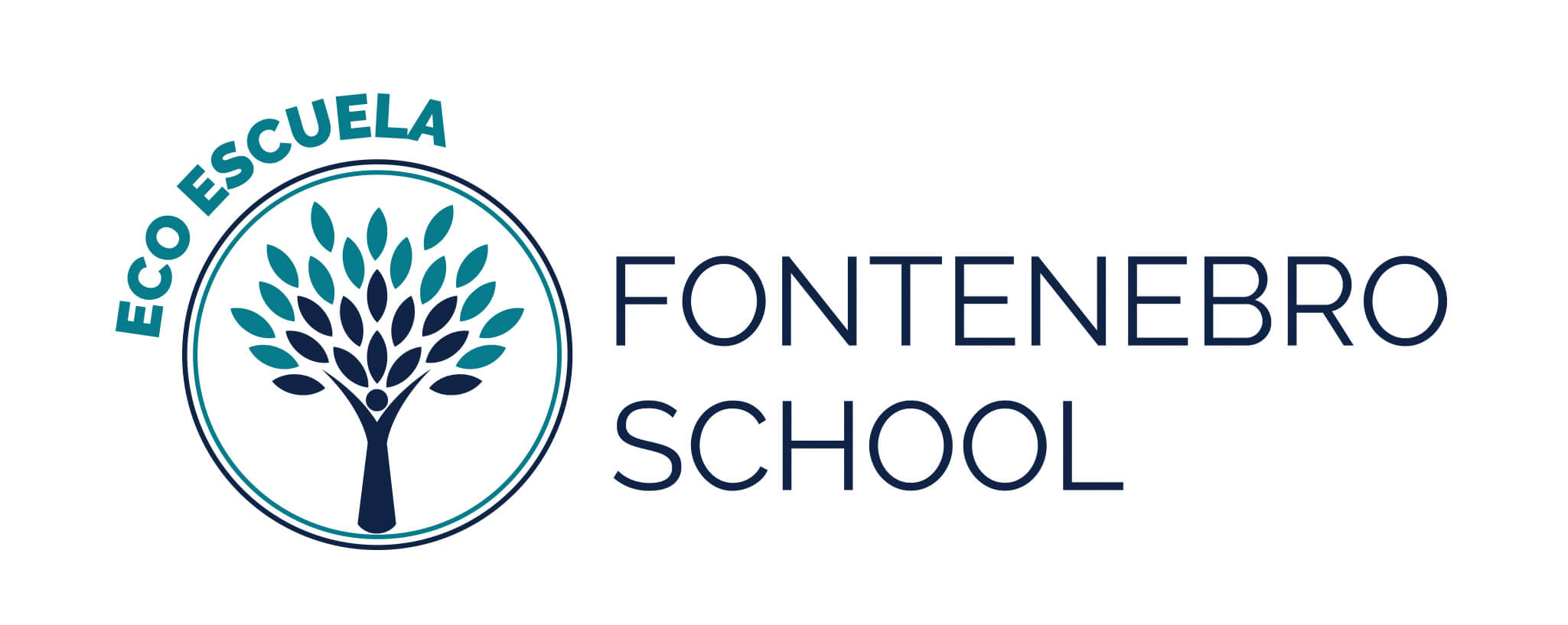
![BAPParentLogo[5]](https://fontenebroschool.com/wp-content/uploads/2020/09/BAPParentLogo5.png)
